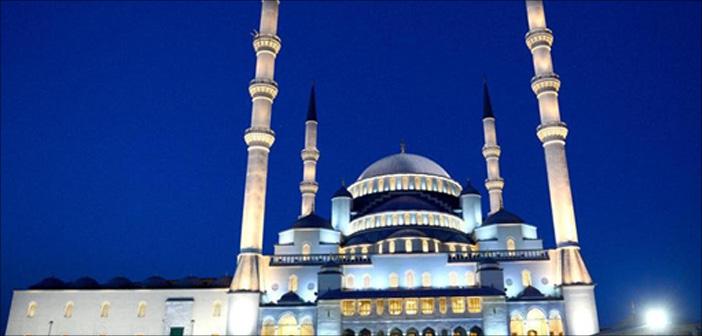What is the importance of the first ten days of the month of Dhu al-Hijjah?
According to the preferred interpretation, what is meant by the phrase “ten nights” mentioned in the second verse of Surah al-Fajr is the first ten days of the month of Dhu al-Hijjah, which is the month for hajj. (Razi, Mafatih al-ghayb, XXXI, 163). Indicating the importance of the first ten days of the month of Dhu al-Hijjah, the Prophet Muhammad (saw) said, “No good deeds done on other days are superior to those done on these (first ten days of Dhu al-Hijjah).” Then some companions of the Prophet (saw) said, “Not even Jihad?” He replied, “Not even Jihad, except that of a man who does it by putting himself and his property in danger (for Allah’s sake) and does not return with any of those things.” (Bukhari, Eidayn, 11).
The importance and virtue of these ten days of Dhu al-Hijjah is because hajj is performed in this month (Ibn Hajar, Fath, II, 459). Some of the manasik (rites) of hajj is performed on these days, and the other part (tawaf al-ziyarah, stoning the devil etc.) is performed on the following tashriq days. It is mentioned in the narratives that fasting on the eve of Eid al-Adha (Day of Arafah), which is the ninth day of the month of Dhu al-Hijjah, is also very meritorious (Muslim, Siyam, 196, 197; Abu Dawud, Sawm, 64; Tirmidhi, Sawm, 46).
Source: Presidency Of Religious Affairs The Turkey, High Board of Religious Affairs FATWAS




